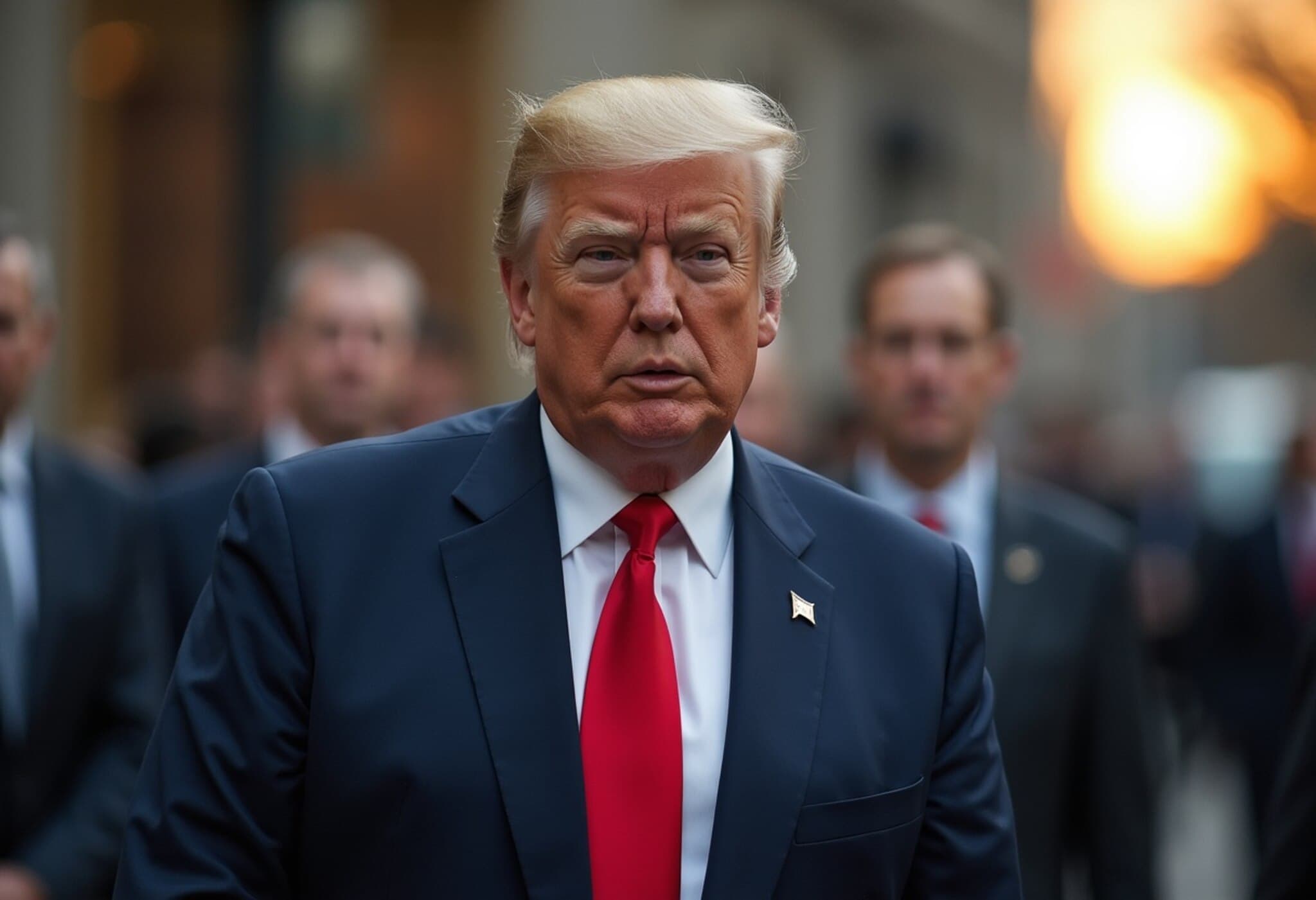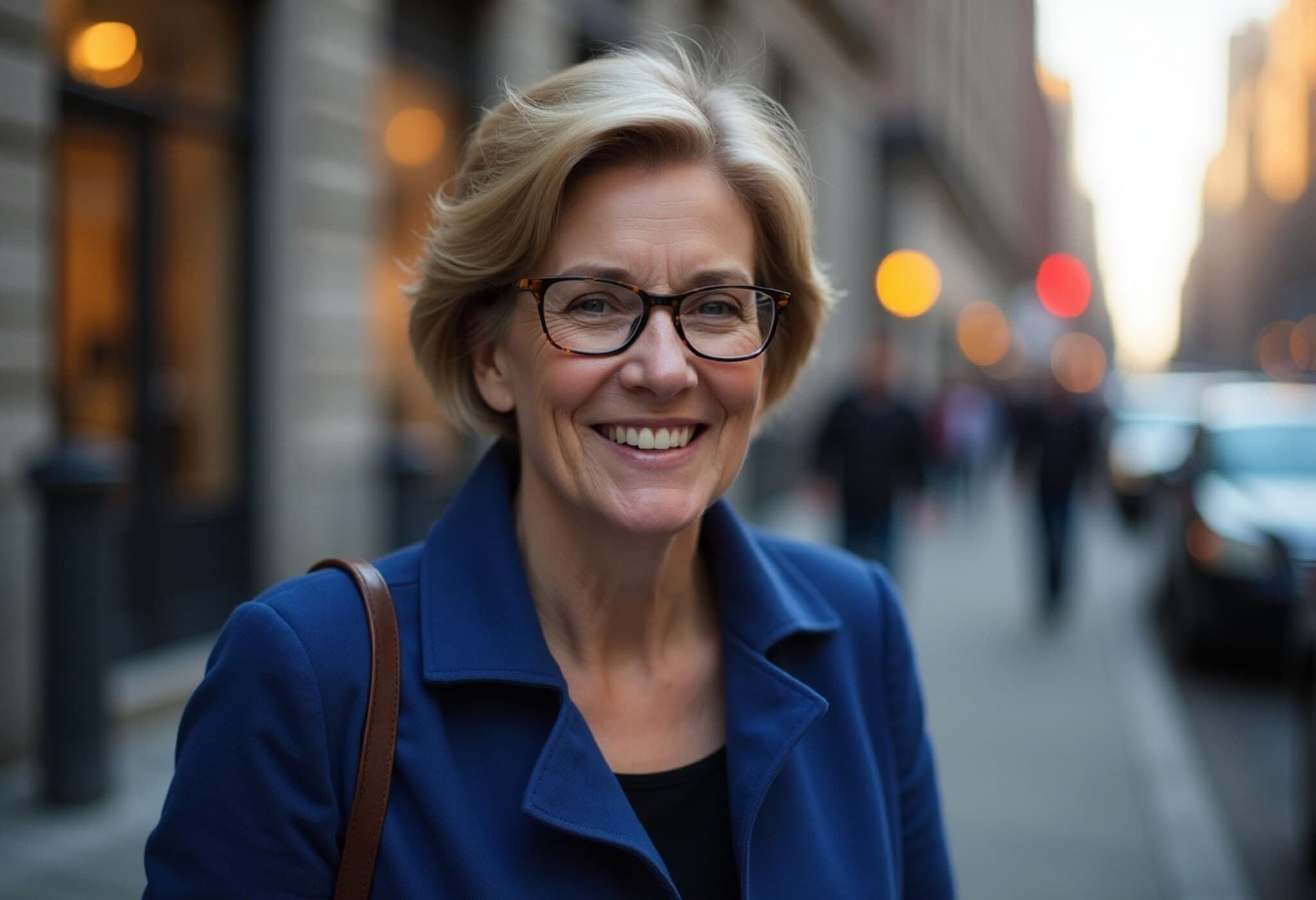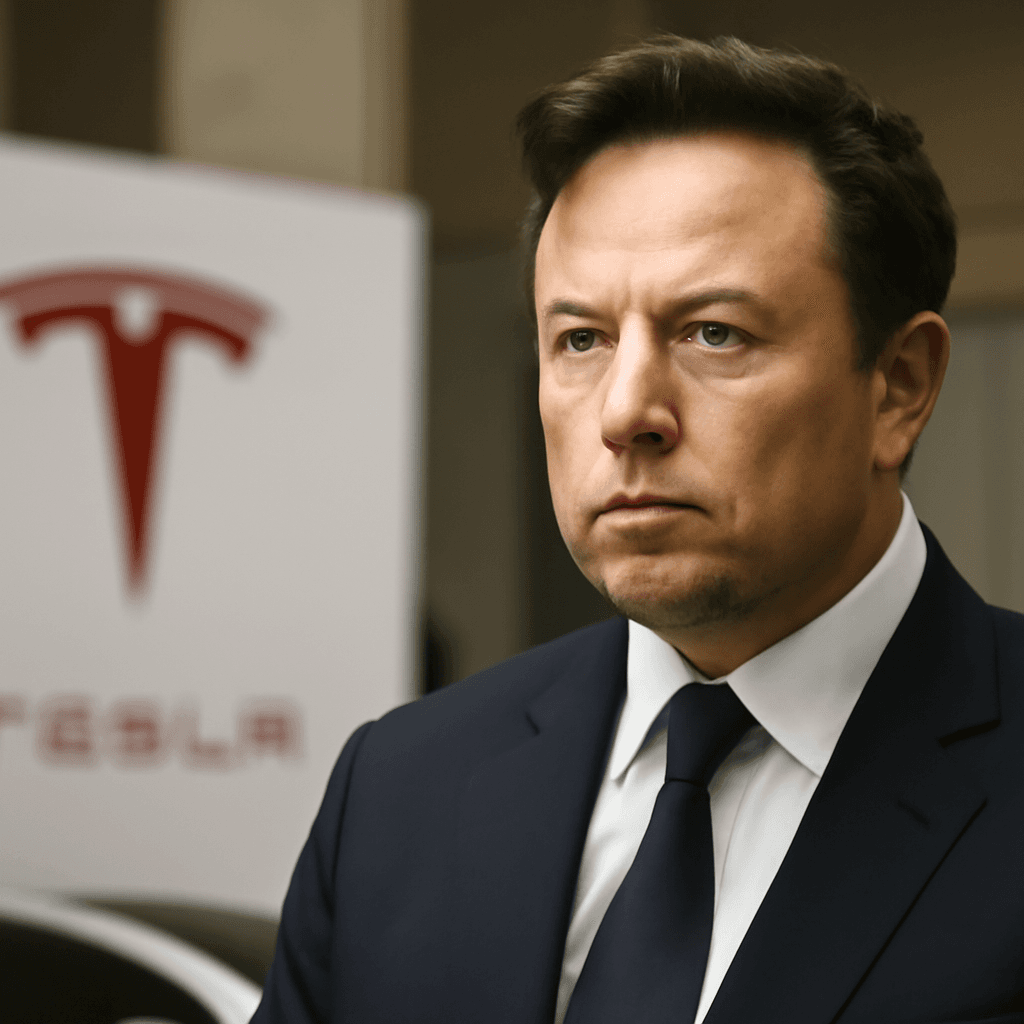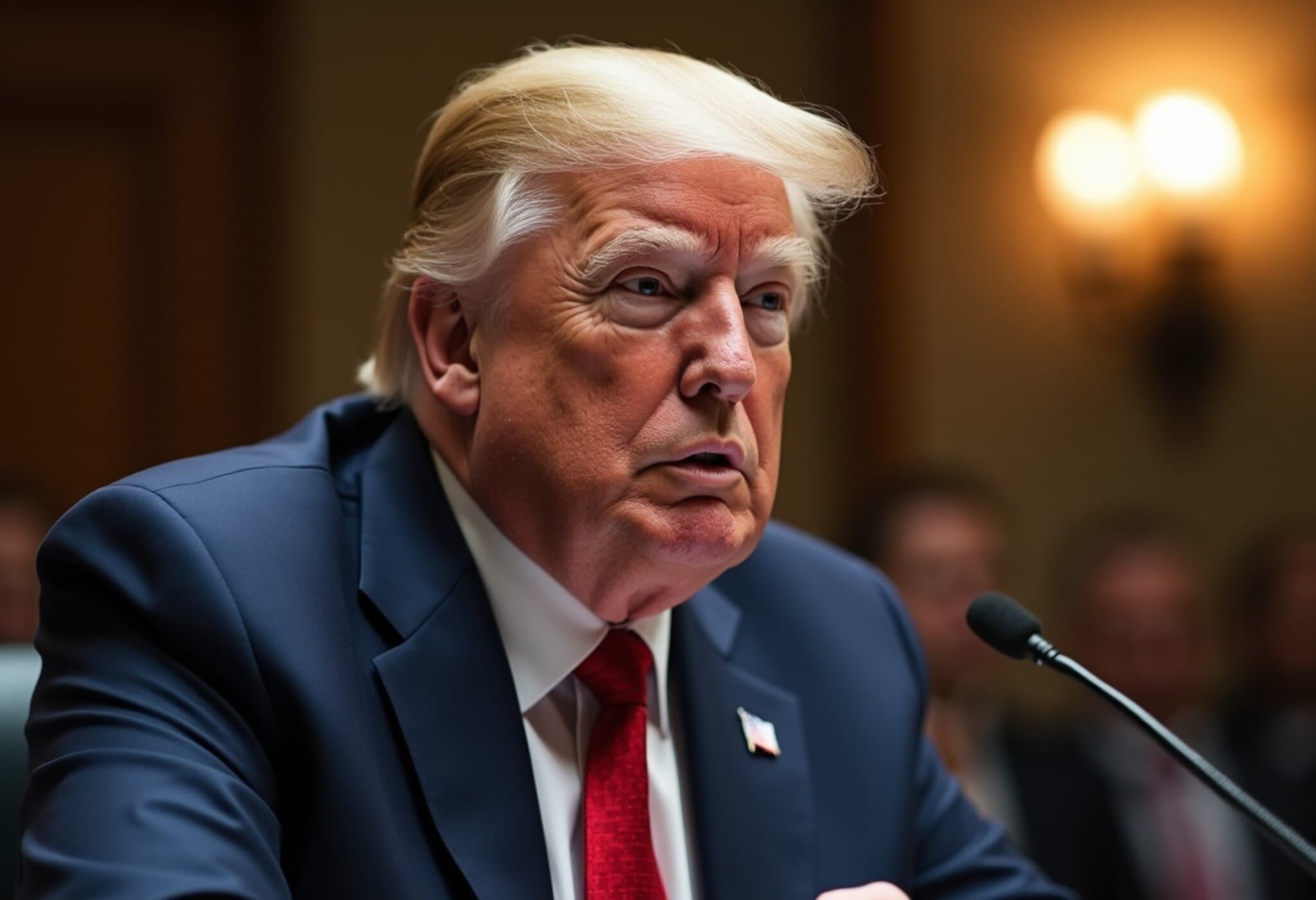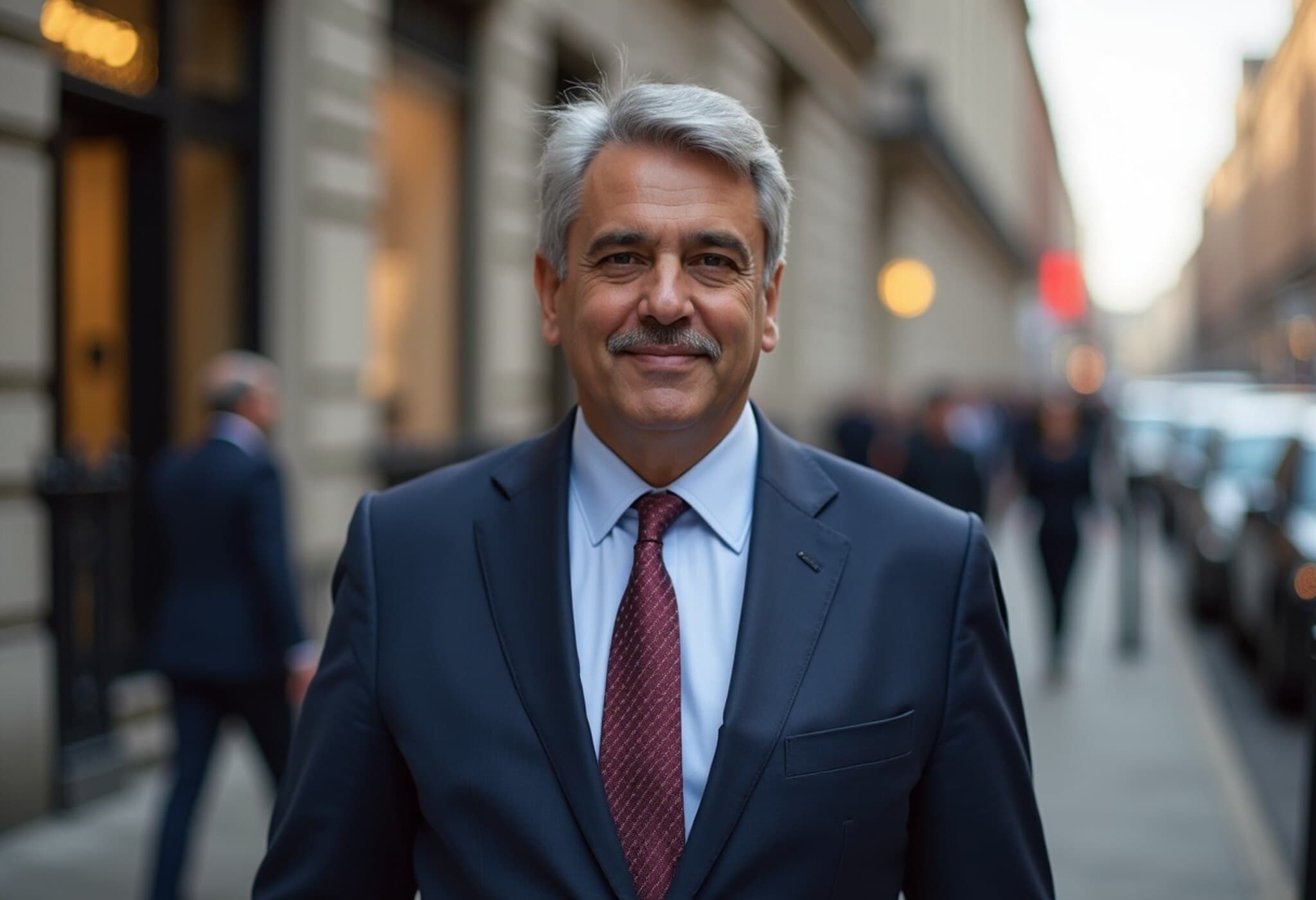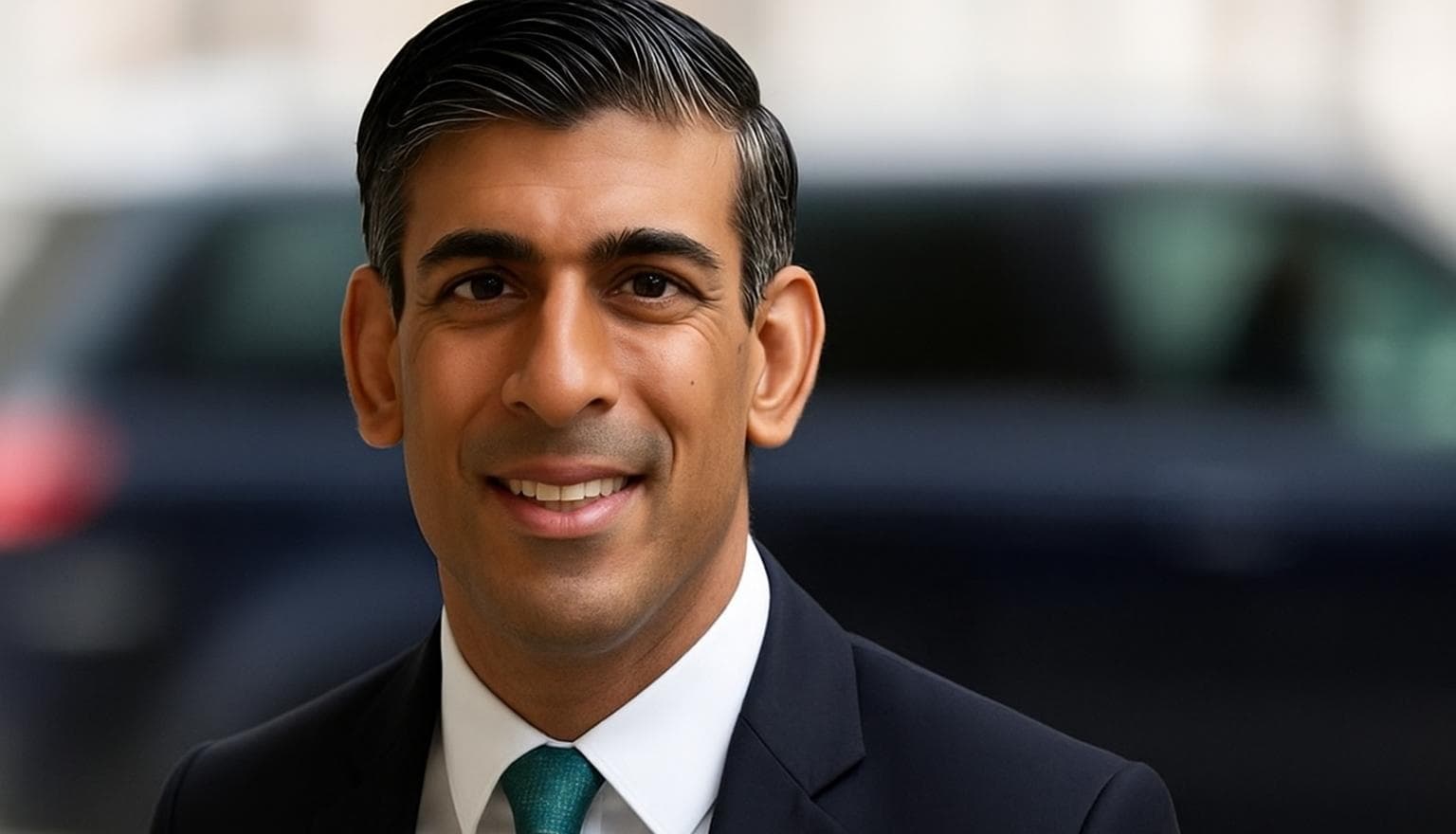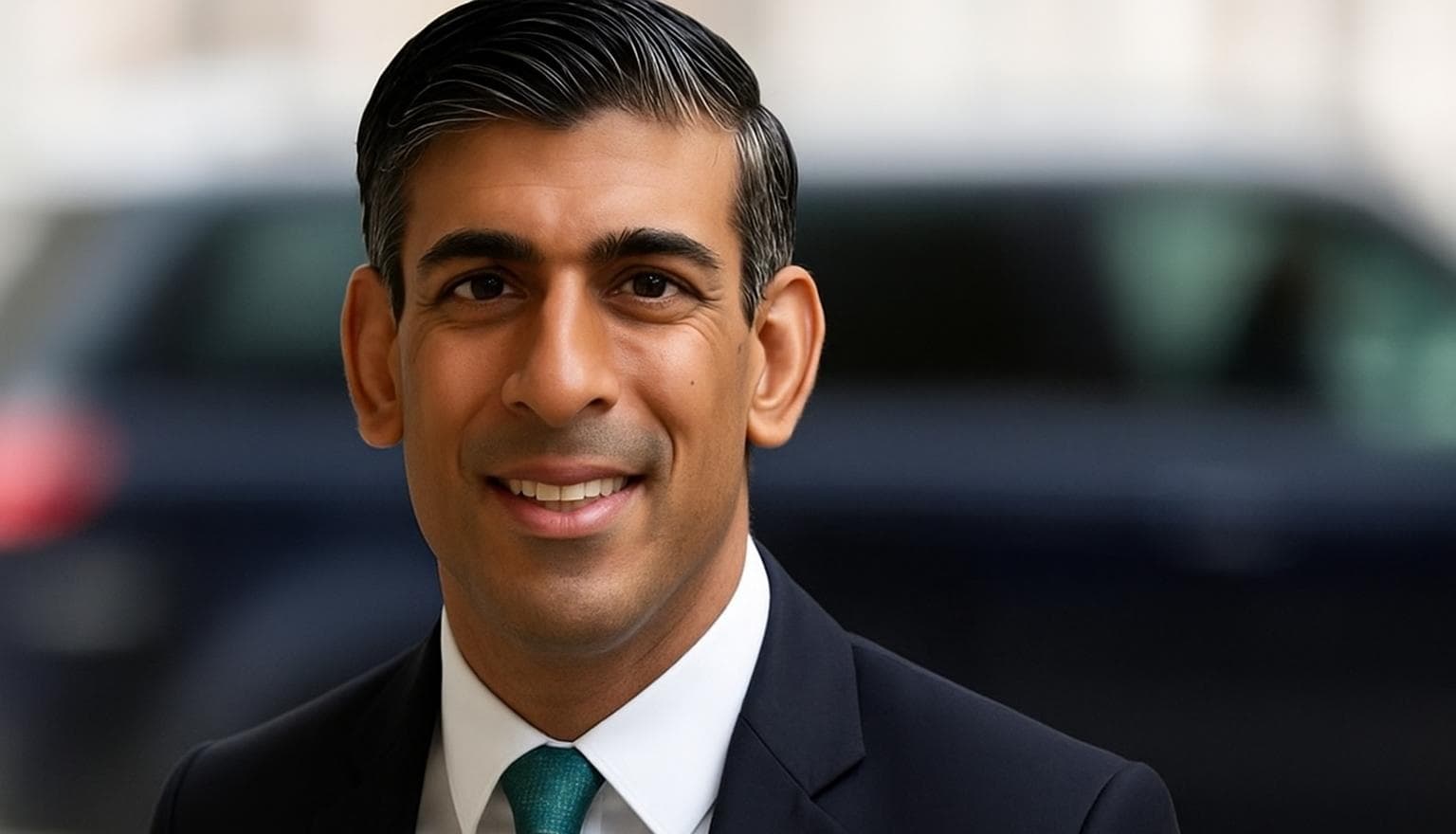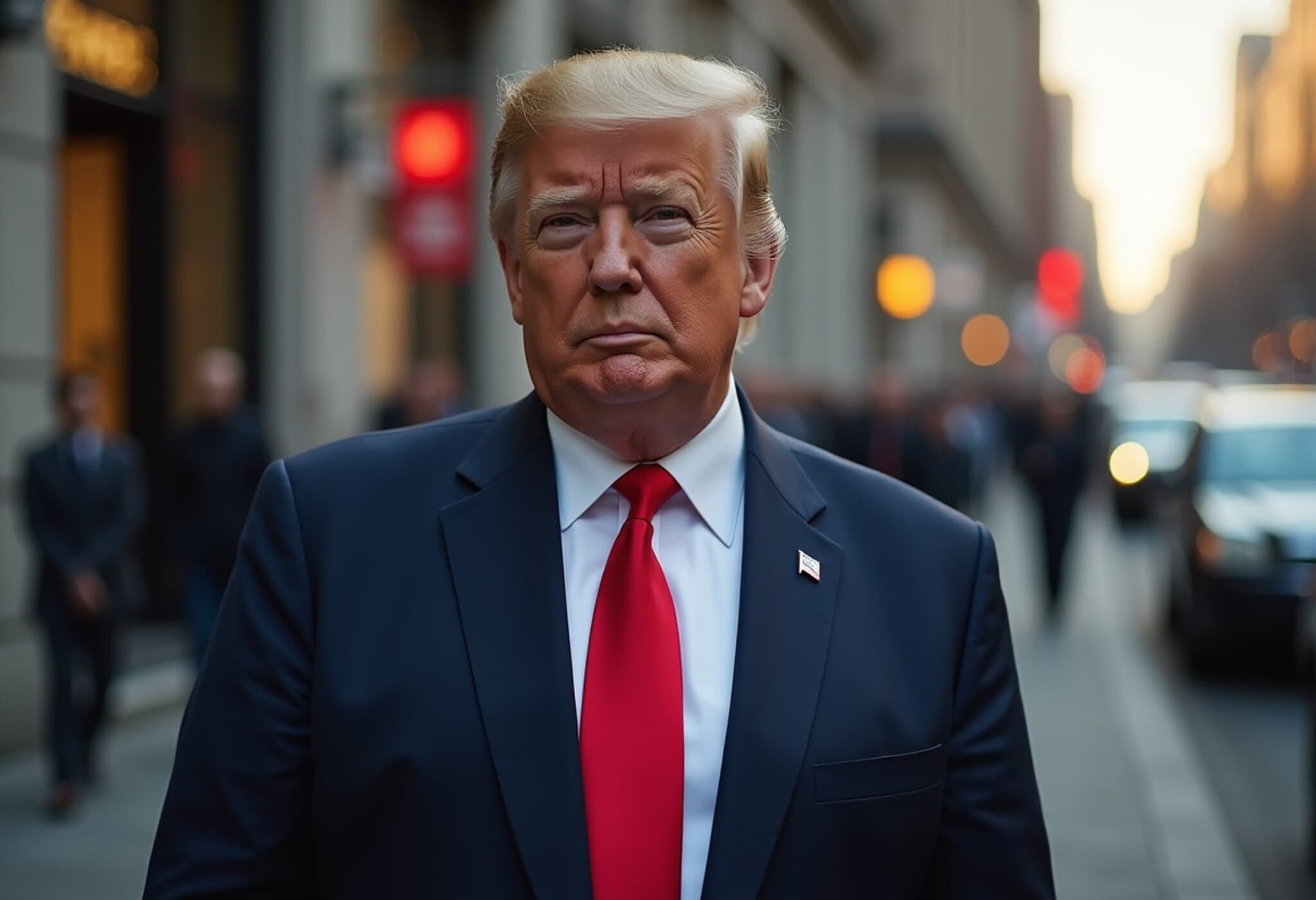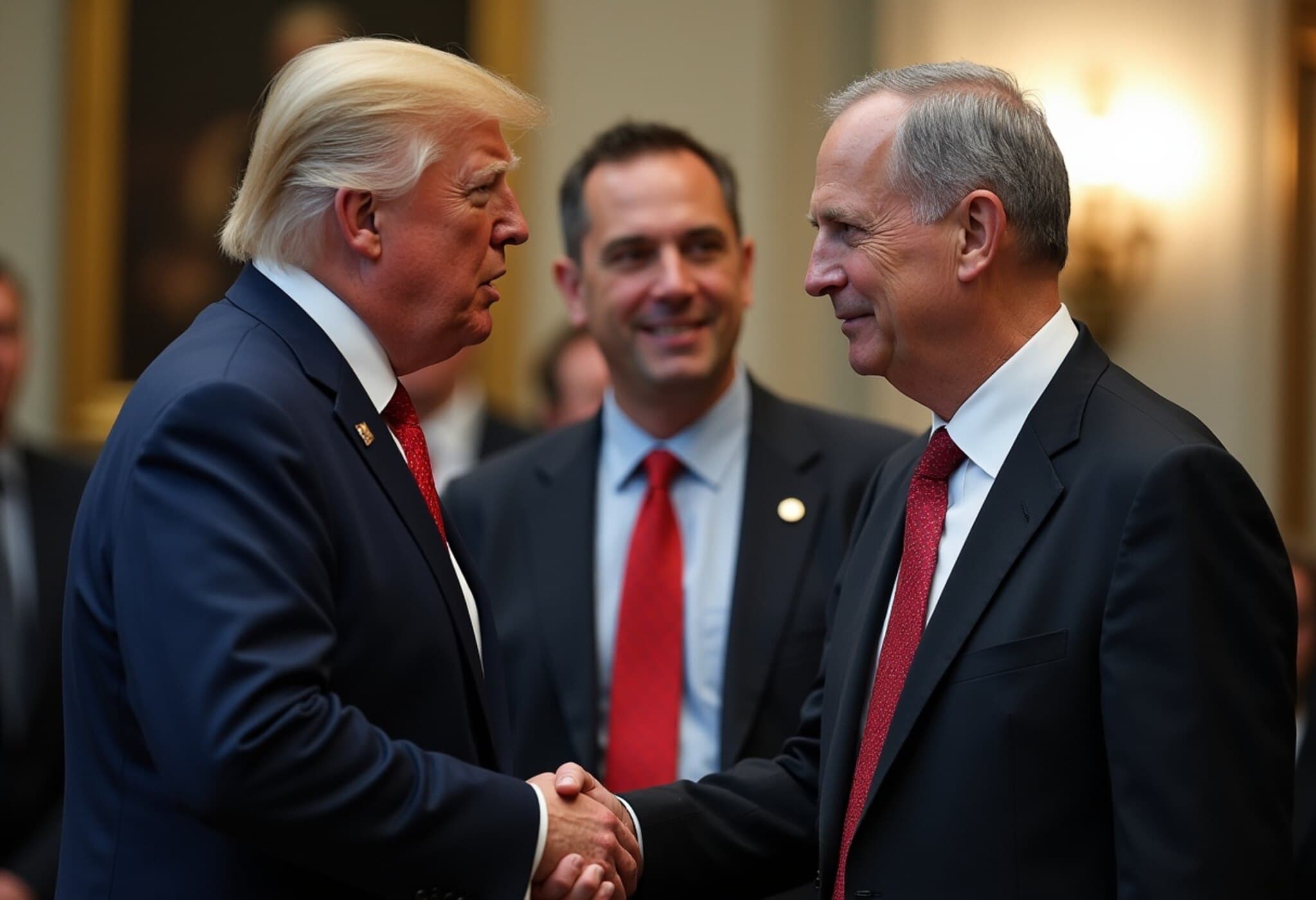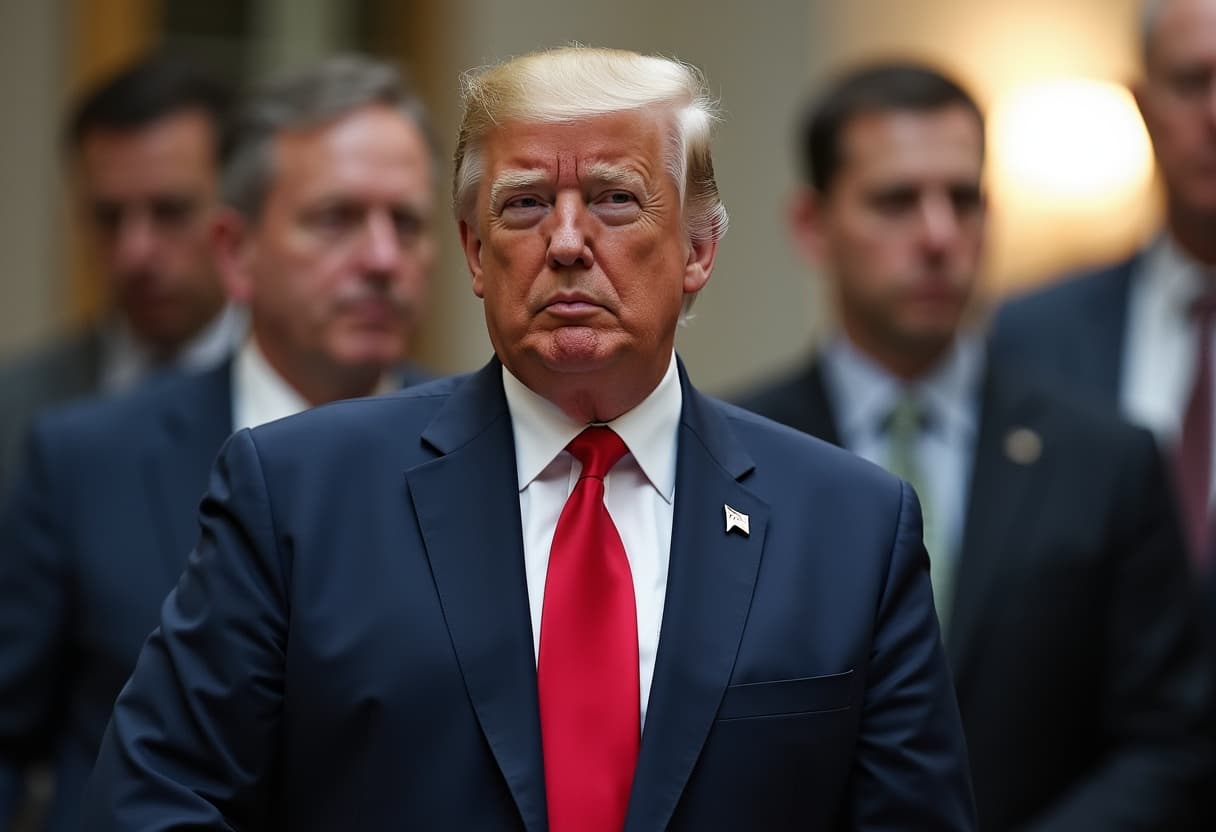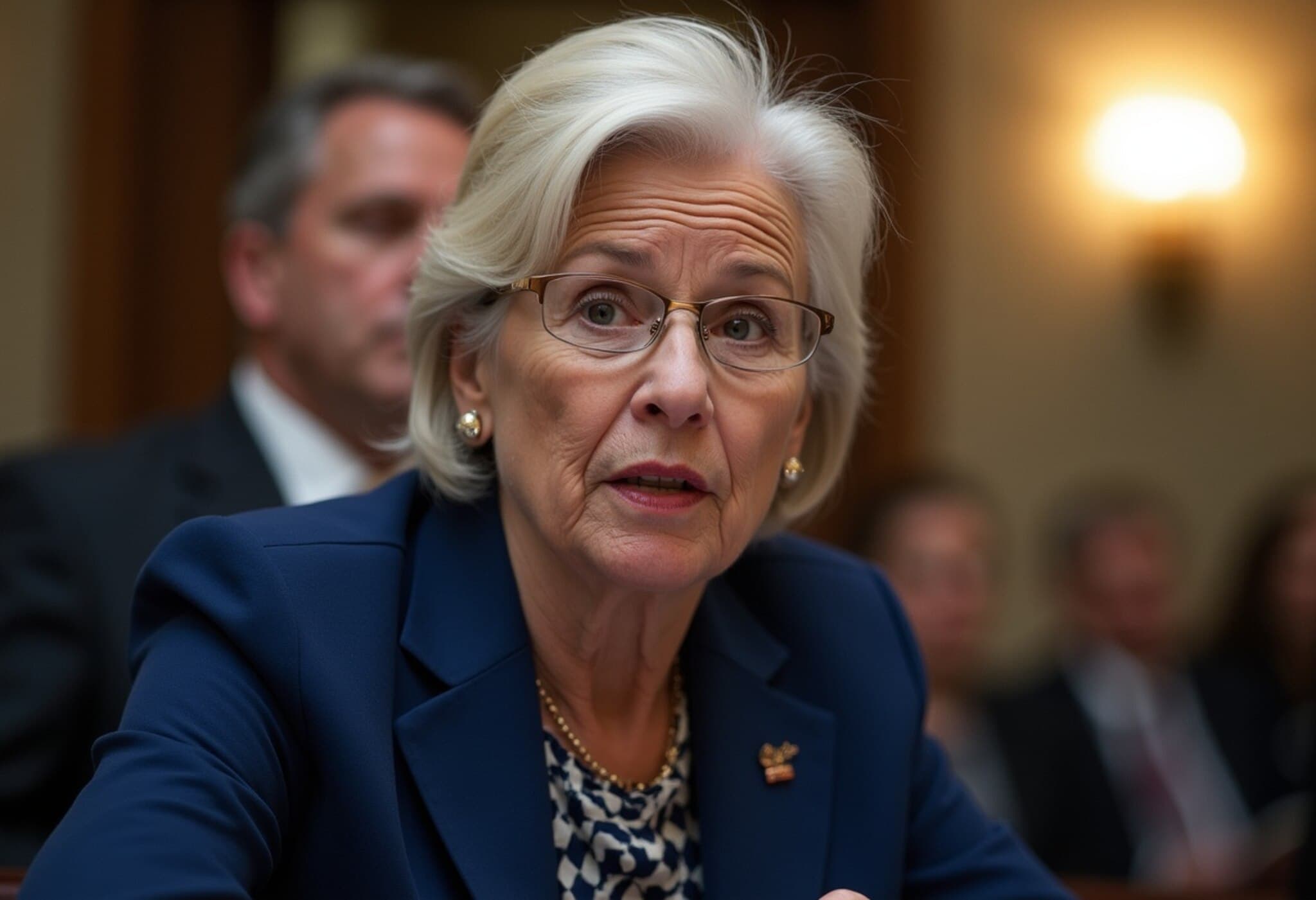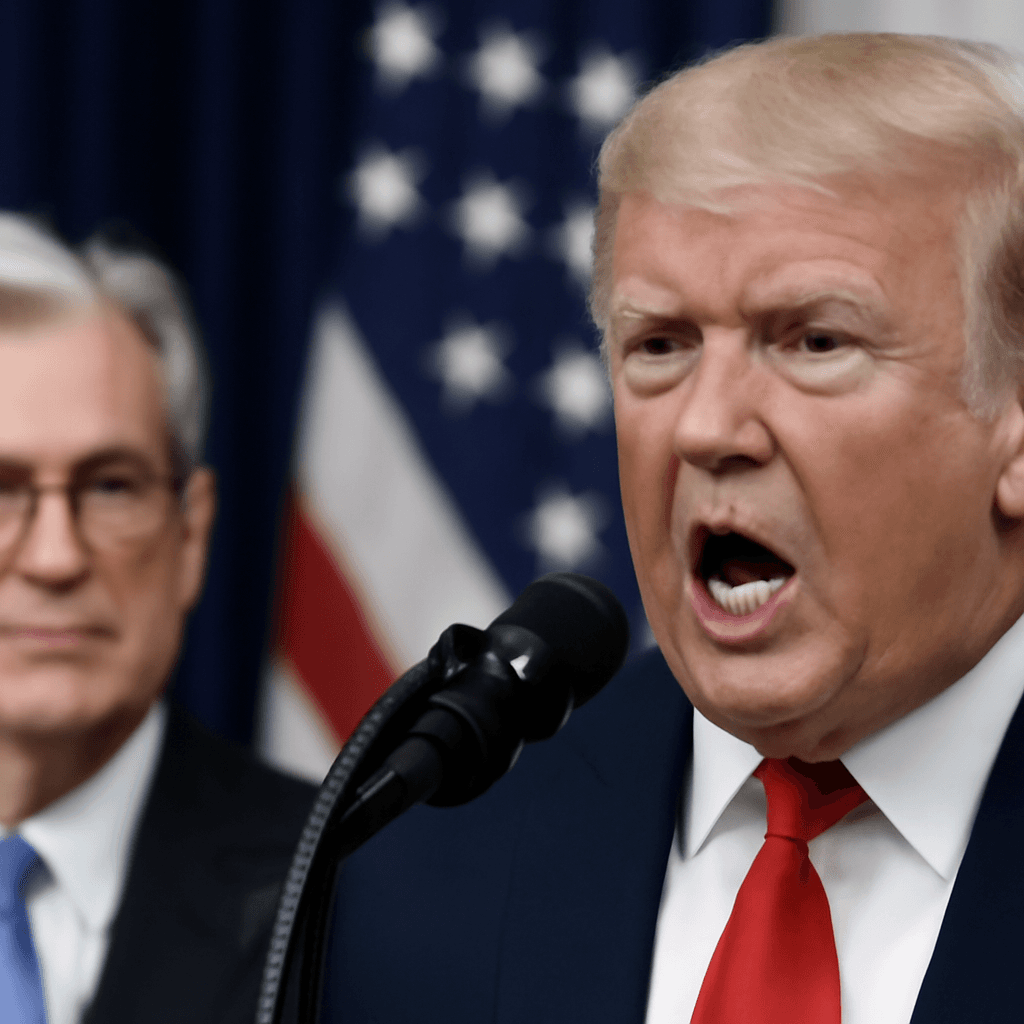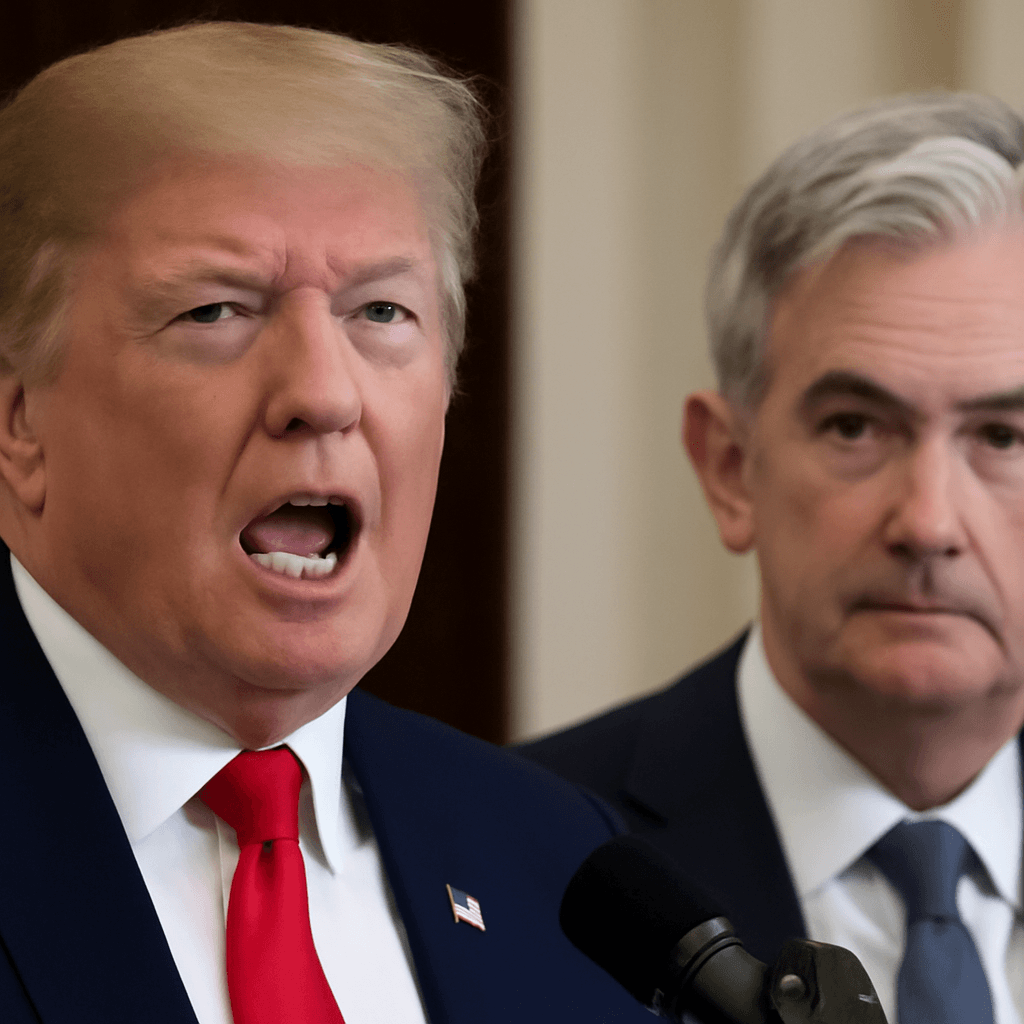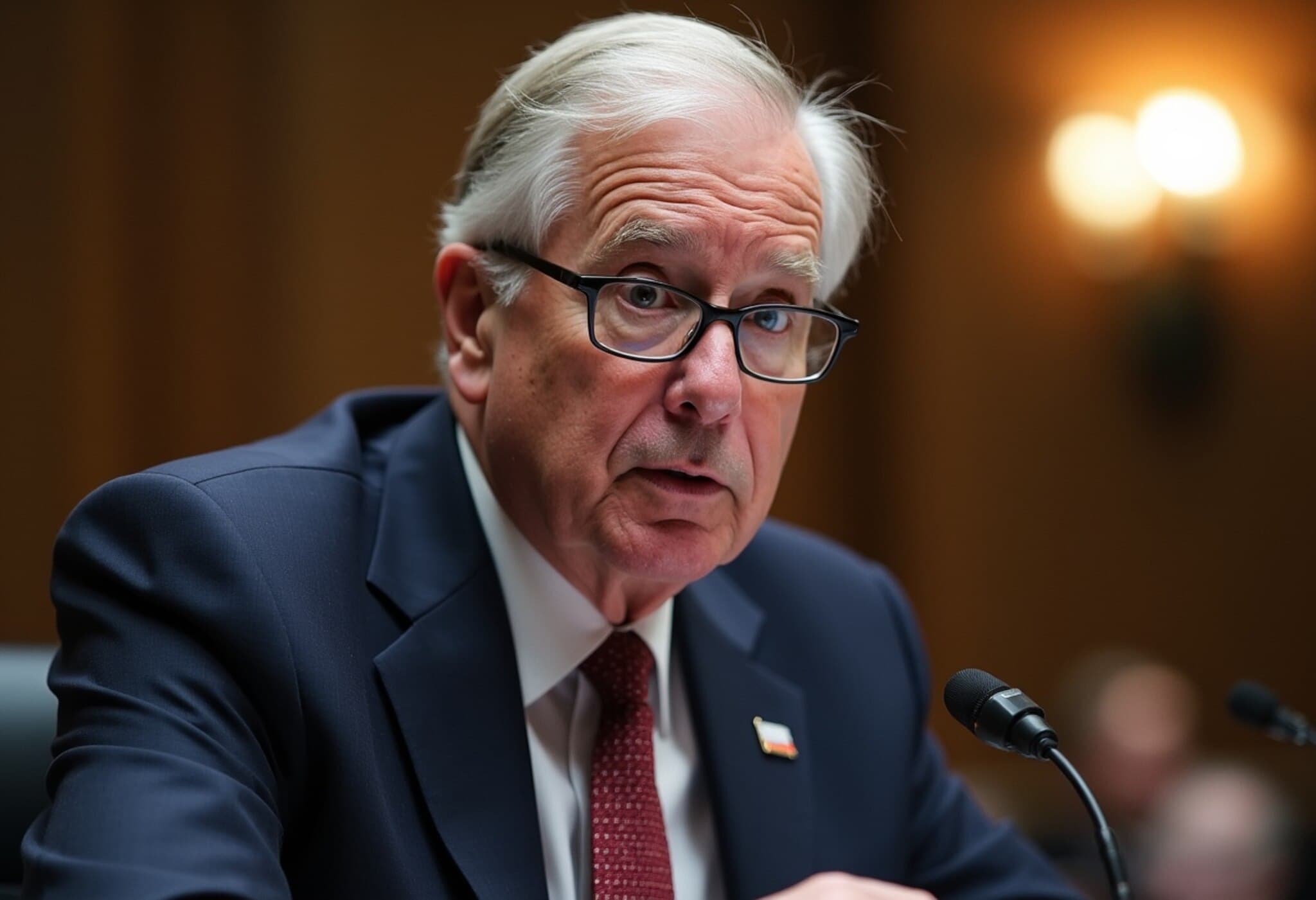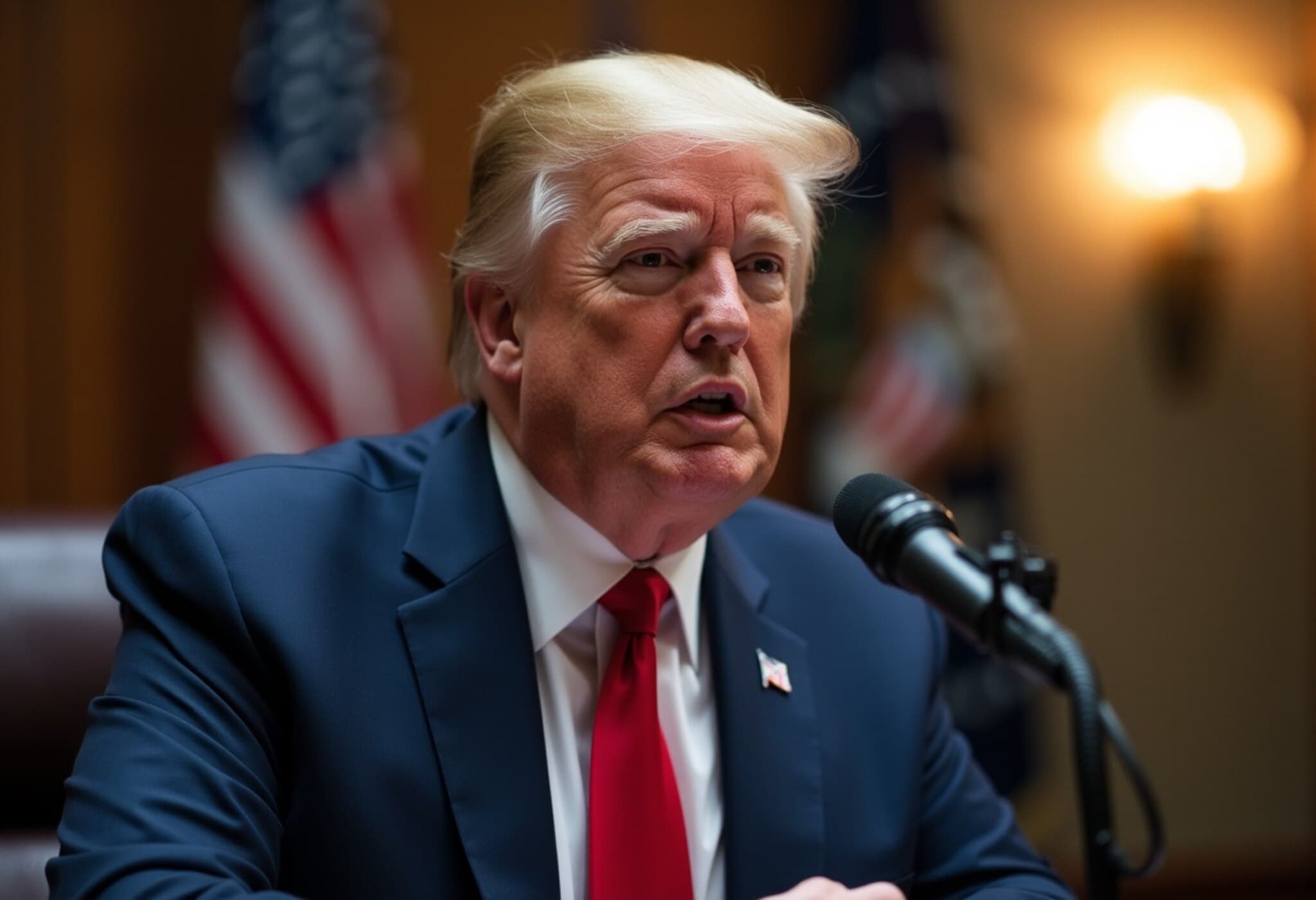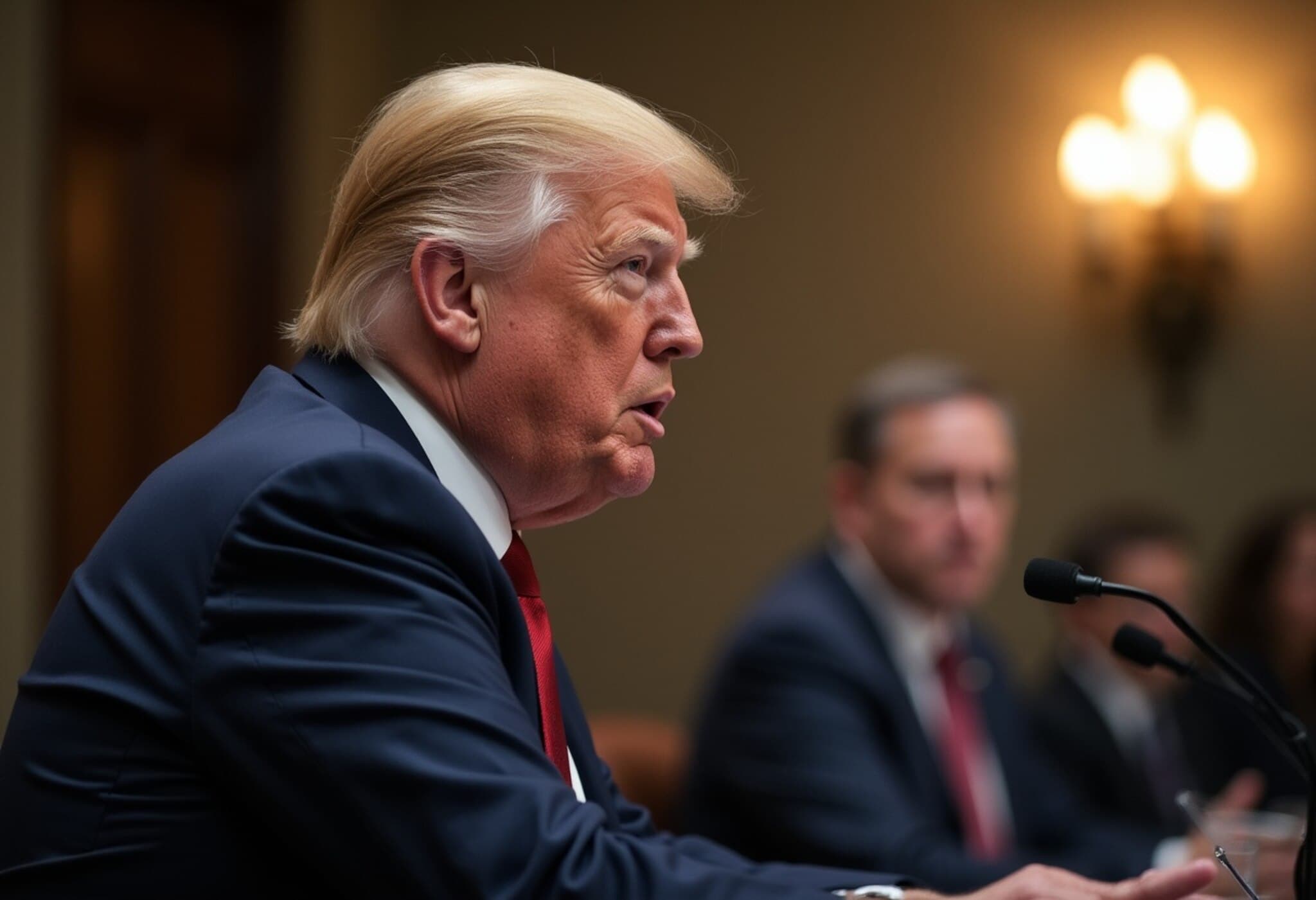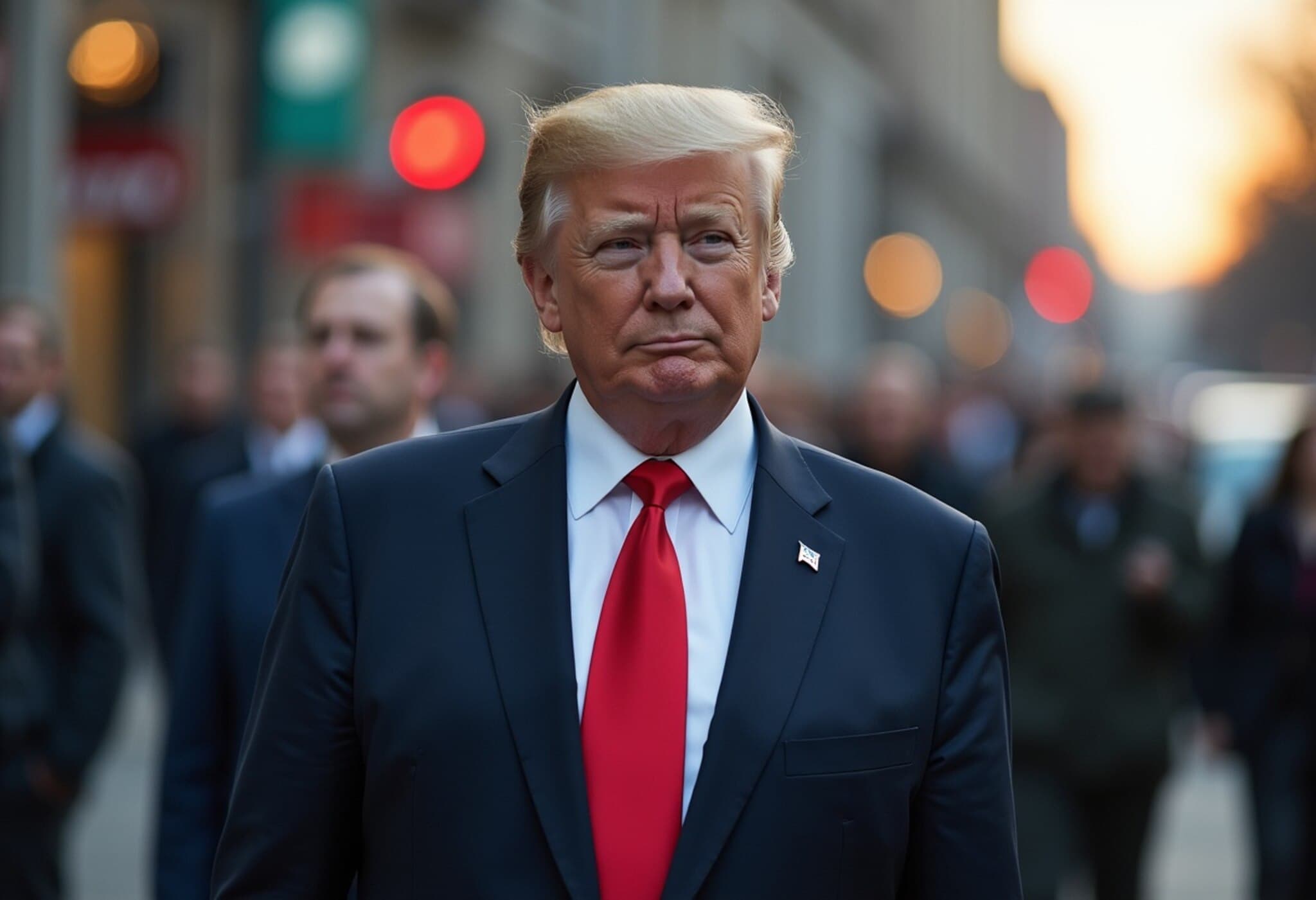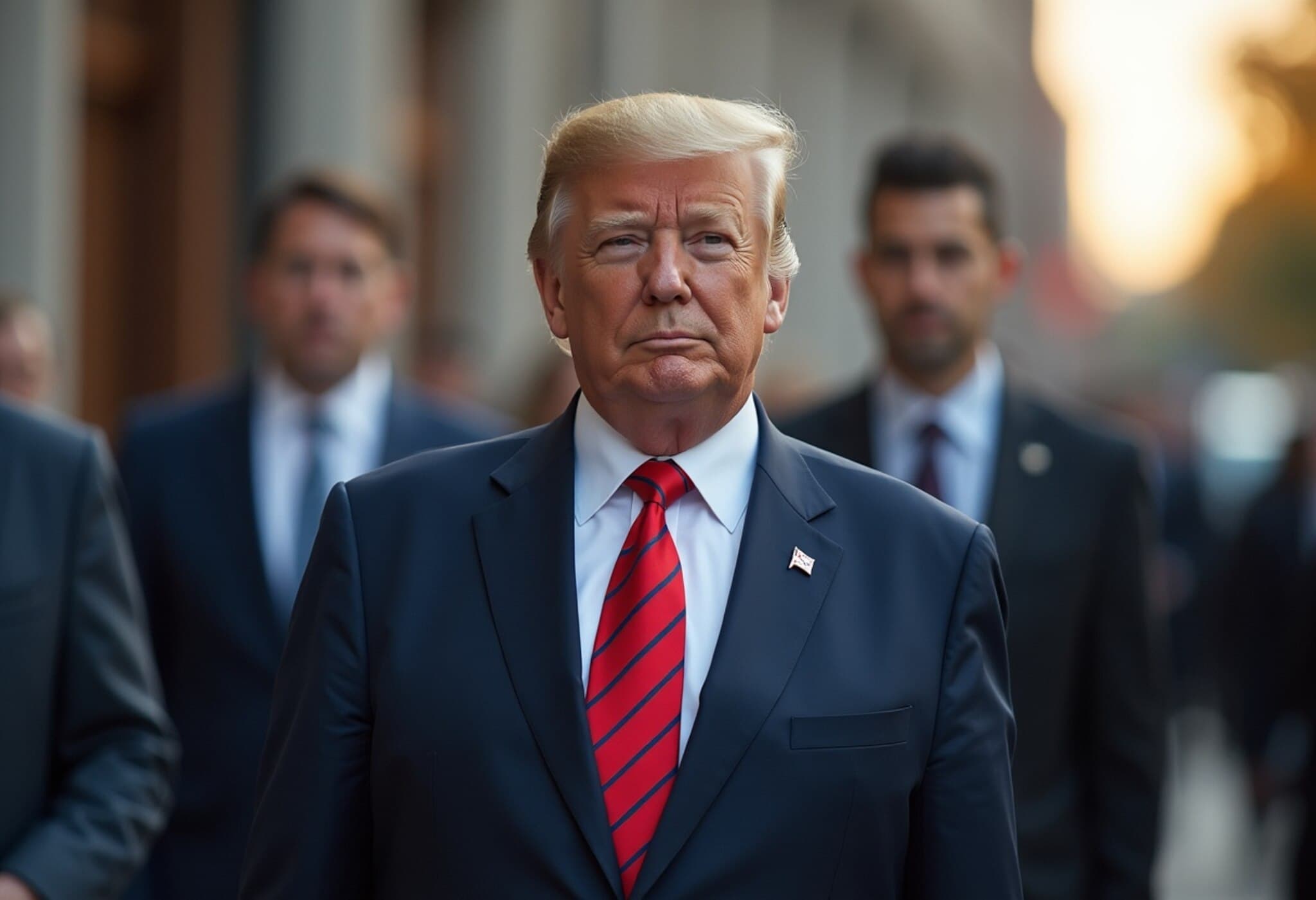Trump Criticizes Federal Reserve Headquarters Renovation Spending
In a rare and pointed attack on Federal Reserve Chair Jerome Powell, U.S. President Donald Trump publicly criticized the budget overruns concerning the renovation of the Federal Reserve's Marriner S. Eccles building in Washington, D.C. According to Russell Vought, Director of the Office of Management and Budget, the renovation costs have allegedly ballooned by approximately $700 million beyond initial projections.
Vought's statement raised eyebrows by highlighting that extravagant features such as rooftop terrace gardens, VIP dining rooms, premium materials like marble, and water features were originally planned but have since been scaled back or removed – yet the cost overruns persist. This contradiction has fueled accusations of fiscal mismanagement at the highest levels of the Fed’s bureaucracy.
Behind the Budget Blowout: Mismanagement or Miscommunication?
While the White House frames this situation as a clear-cut case of mismanagement, some experts caution that large government projects often face unforeseen expenses and delays. However, the controversy comes at a politically sensitive moment as President Trump has repeatedly clashed with Powell over monetary policy decisions. Speculation is mounting around whether these renovation issues might become pretext for pushing Powell out amid growing political tensions.
Trump’s New Tariffs and Their Market Impact
In a further move illustrating rising protectionist tendencies, President Trump announced a new 35% tariff on imports from Canada, escalating ongoing trade tensions. This step follows March's fentanyl-related levies imposed by the U.S. government and reflects increasing strain between the two countries.
Interestingly, despite escalating geopolitical tensions and tariff impositions, the U.S. stock market continues to rally. Both the Dow Jones Industrial Average and S&P 500 reached new all-time highs, with the S&P 500 gaining 0.54% on Thursday.
Market analysts attribute this resilience partly to investor optimism about solid economic fundamentals combined with easing concerns over trade wars. Morgan Stanley Wealth Management's Chief Investment Officer described this as a 'new bull case' scenario, where investors discount tariff-related anxieties in favor of continued growth prospects.
Questions Loom Over Starbucks’ China Valuation
Meanwhile, Wall Street analysts have expressed skepticism about Starbucks’ reported valuation of its China subsidiary. Concerns center on whether the valuation fully accounts for local operational risks and market volatility in China’s rapidly evolving consumer landscape. This scrutiny underscores investors' cautious optimism amid international expansion efforts.
India’s Securities Regulator Shakes Up Markets
Turning to global markets, India’s Securities and Exchange Board (SEBI) made waves by barring the global trading firm Jane Street from participating in the Indian equities market. This decisive regulatory action highlights growing challenges as technology-driven trading strategies intersect with local market regulations and burgeoning retail investor enthusiasm.
Experts suggest that the Jane Street case is more than an isolated enforcement action – it serves as a lens revealing structural stress points within India's rapidly developing options market and raises critical questions about harmonizing innovation with regulatory safeguards.
Expert Commentary: The Human Factor in Economic Decisions
Underlying these events is a fundamental economic truth often overlooked: human decision-making rarely follows purely rational models. The classical notion of homo economicus – the perfectly rational economic agent – has long been debunked by psychologists and economists alike. President Trump’s critique of Fed spending, market responses to geopolitical risks, and investor skepticism all reflect the complex, sometimes emotional and contradictory nature of real-world economics.
As markets and policymakers navigate competing pressures, recognizing these human elements can provide deeper insight into economic trends and political dynamics.
What Lies Ahead?
- Will the renovation scandal hasten changes atop the Federal Reserve?
- How will the new tariffs reshape U.S.-Canada economic relations?
- Can global investors maintain confidence amid geopolitical uncertainties?
- What reforms will India's regulators adopt to balance innovation and stability?
Editor’s Note
This unfolding narrative at the intersection of politics, economics, and governance reminds us that financial markets and policy decisions are deeply human enterprises. While headlines highlight numbers and tariffs, the stories beneath reveal complex motivations, power struggles, and competing visions for the future of national and global economies. Observers should watch how these tensions evolve, as they will undoubtedly influence policy directions and investor sentiment in the months ahead.
— Reporting by Dan Mangan and Spriha Srivastava; Analysis by [Your Name]

